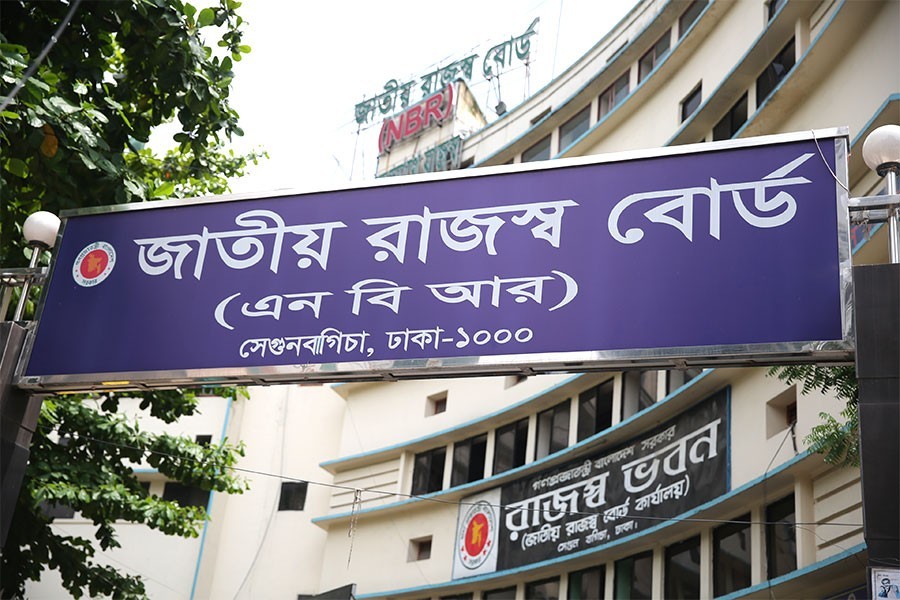The National Board of Revenue (NBR) is likely to place the much-awaited Customs Act 2018 before the cabinet soon for expediting its legal procedures, so that the Jatiyo Sangsad (JS) can pass the law within the tenure of the present government.
The customs authorities are taking preparation to place the draft law in the last session of JS before the upcoming national election.
The new customs law was scheduled to come into force in the current fiscal year (FY), 2018-19, by replacing the existing Customs Act 1969.
Officials said the government adopted a 'go-slow' policy in placing the law before parliament in last FY.
NBR's Customs Wing was almost ready with the Bangla draft of the new law. However, it did not get the green signal of the government high-ups to proceed with the law to place it in the budget session of FY 2018-19.
Officials also said NBR has already obtained the consent of Finance Minister Abul Maal Abdul Muhith to place the law before the cabinet after Eid-ul-Azha.
The draft of the new customs act has been prepared in Bangla, they further said.
A senior official, however, noted that successful implementation of the new customs law will be difficult without its English version.
He said the country's cross-border trade, export, import and other international transactions need to follow the customs law.
The government will have to draft its English version soon to make the new law comprehensible for both local and international traders, he added.
NBR first placed the draft customs act before the cabinet in September 2014. The cabinet approved the draft in principle by giving some observations, and asked NBR to accommodate those.
A committee, headed by the principal secretary, finalised the draft in line with the cabinet's decision.
The customs officials said the law may be in force in the next FY, 2019-2020.
The draft law has incorporated emerging best international practices in customs procedures for export-import, special schemes for trusted traders, authorised economic operators, national single window and national enquiry point.
The business-friendly draft law will help to reduce cost of doing business as well as align law with technology.
It has also focused on trade liberalisation issues in line with the Trade Facilitation Agreement (TFA) of the World Trade Organisation (WTO) to make import-export easier and faster.
Submission of electronic declaration for export and import, electronic submission of advance cargo declaration for import, and introduction of green channel for honest traders have been emphasised in the draft law.
Under a provision of the new law, the government will have to obtain NBR's recommendations before framing rules on customs-related matters.
Business community, earlier, welcomed the draft customs law, and demanded its rapid implementation.


